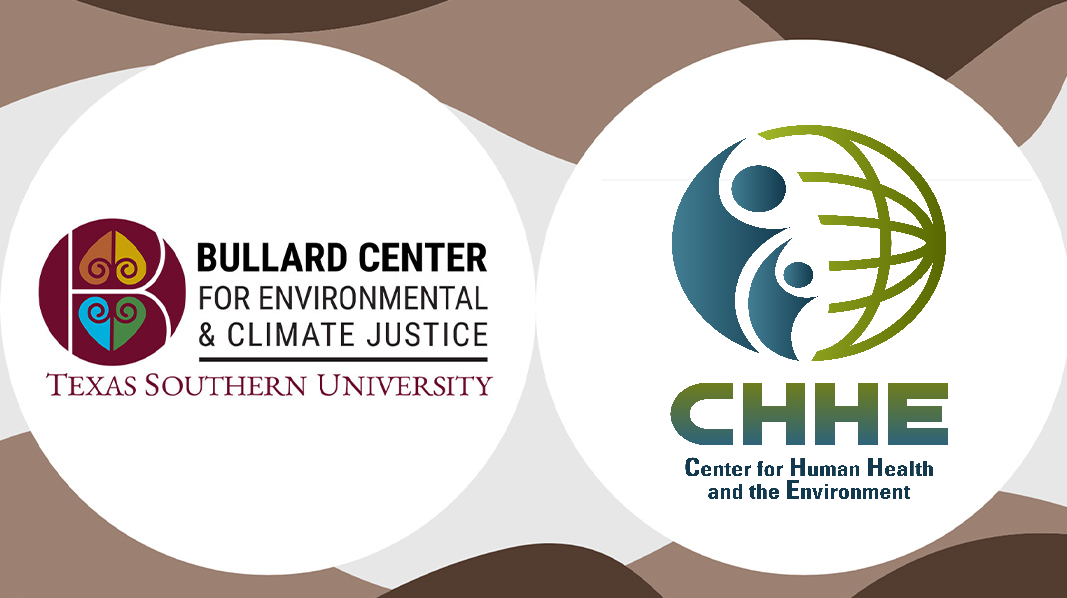CHHE Participates in Fracking Summit
CHHE Active in Shale Gas Extraction Summit on Public Health Implications and Prevention
Shale Gas Extraction, also known as “hydrofracking” or “fracking,” is increasingly in the news as the deployment of the technologies has expanded, rural communities have transformed overnight, public awareness has increased, and regulations have developed. In many states, early discussions about shale gas extraction neglected to critically examine the environmental and public health impacts of hydrofracking technologies. As a result, the lack of information has limited the health system’s ability to address concerns by regulators at the industry, employee, community, state and federal levels. In July 2012, North Carolina legalized shale gas extraction, resulting in use of this technology as early as October 2014.
On October 2-3, 2012, the Research Triangle Environmental Health Collaborative, in partnership with the CHHE at NC State University and other agencies and organizations, sponsored a Health Summit entitled “Shale Gas Extraction Summit: Public Health Implications/Prevention”. The Summit was held at the North Carolina Biotechnology Center in Research Triangle Park, North Carolina and was attended by more than 150 individuals from county, state, federal, academic, industry, and non-governmental entities, as well as private citizens.
The Summit explored the most important issues related to the prevention of adverse public health effects through three work groups (exposure characterizations, social impacts on communities, health impact assessments) that each addressed an individual aspect of the larger situation. Discussions and action items addressed included baseline data needs, surveillance of adverse effects on humans and potential occupational and environmental exposures (air, water, soil, etc.), communication strategies, and collaborations with local, state and federal agencies as well as with industry and public interest groups.
Mr. Martin Armes, the Executive Director of The Collaborative stated that “among our five different summits, the attendees at this Summit were by far the most engaged in terms of their overall participation and contributions in the work group settings”.
Dr. Gregory Cope, CHHE COEC Director, served on the Summit Organizing Committee and CHHE Director, Dr. Robert Smart, along with other CHHE COEC members (Dr. Catherine LePrevost and Ms. Julia Storm), and NC State University, Environmental and Molecular Toxicology graduate students participated in the highly successful summit. A “white paper” is being prepared and should be a meaningful and actionable recommendation document that many energized attendees can share with various stakeholders.
- Categories:


